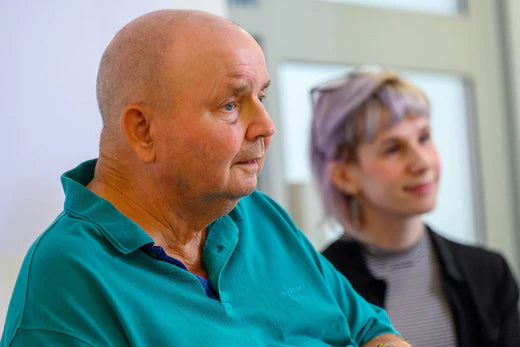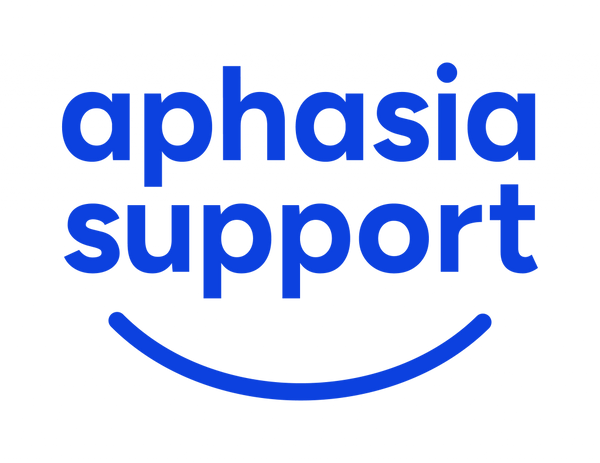Notes from a Volunteer Induction, by Aphasia Support trustee Peter Osborne

Volunteering is the lifeblood of most charities – and Yorkshire-based Aphasia Support is no exception.
I was privileged to join a volunteer induction session to find out about the amazing work that the charity does for people with aphasia and how the charity supports volunteers to do this.
So what does a typical volunteer look like? The session I joined included a couple of speech and language therapy students looking to learn more about the condition and develop their professional skills (one wanted to help set up a new Aphasia café the charity is establishing), a retired NHS worker, and others just wanting to ‘give something back to the community.’ This may sound cliched but that’s exactly why I volunteered to join the Aphasia Support Board of Trustees.
Aphasia is a language disorder which affects a person’s ability to speak, read, write and understand language – often resulting from a stroke or head injury and can have a devastating impact on a person’s life. Stroke is the leading cause of aphasia and of the estimated 100,000 strokes in the UK every year a third will acquire some form of aphasia.
The fascinating session – hosted on Zoom – covered what aphasia is, how technology is making a huge difference to people with aphasia, and a wonderful opportunity to hear about the experiences of two people helped by Aphasia Support. Over six hours I learned a great deal about the condition: how our understanding of aphasia and related disorders is ‘changing every day’ and the possible causes – stroke, traumatic brain injury, brain tumour, encephalitis and dementia. That few people who get aphasia return to work; an estimated 350,000 people have aphasia in the UK; and long-term there can be a high risk of depression from it.
CEO James Major kicked off the session, outlining the support and training available to volunteers and how seriously the charity takes their safety.
Aphasia Support Speech and Language therapist (SALT) Emilie Verroken likened expressive aphasia to ‘getting in the right draw but choosing the wrong file’ when it comes to communicating.
Fellow SALT Gemma Hoyle took us through a whistle stop tour of the benefits of computer therapy (apps) for those affected by aphasia and how they work. There is an amazing array of apps available which are used by volunteers, under the close supervision of a SALT, working with an Aphasia Support service user in their home or over Zoom. All of Aphasia Support’s volunteers are trained by SALTs to use computer therapy programs on ipads and Android devices as well as supported conversation techniques.
But the most rewarding part was meeting the amazing Kevin and Deborah who talked about their aphasia journeys and how they have come to live with and, to a certain extent, conquered aphasia with the help of Aphasia Support. Both talked movingly about their experiences – the highs and the lows – reminding us what motivated us to volunteer in the first place and how we can help them: ‘Slow down, be patient when you’re talking to us .’ They were totally inspiring!
If you would like to know more about Aphasia Support and/or interested in volunteering, click here to find out more.

